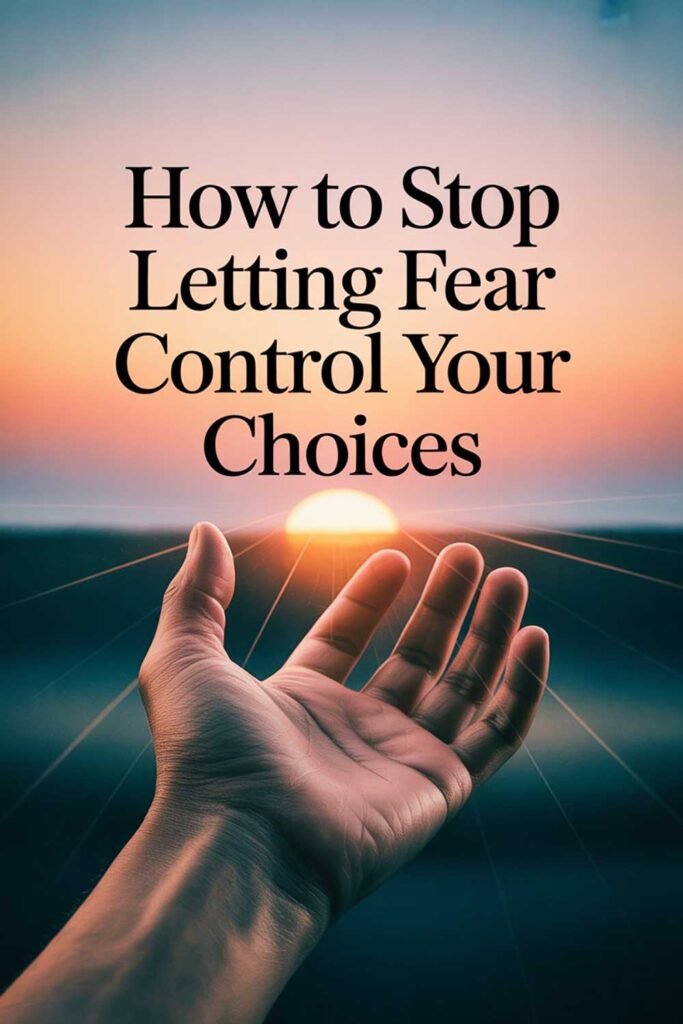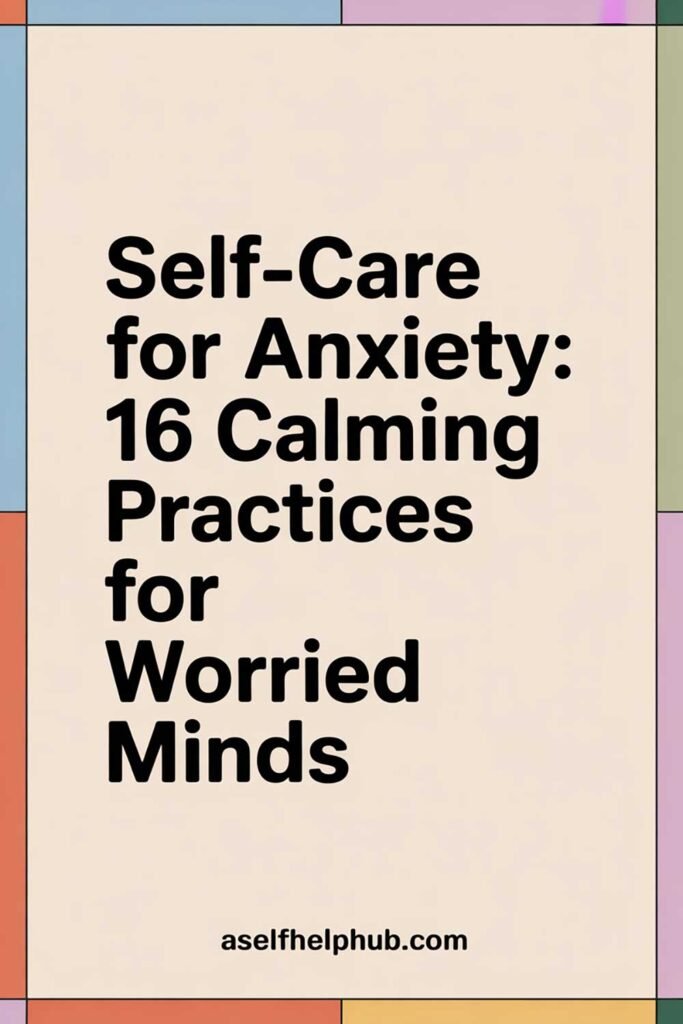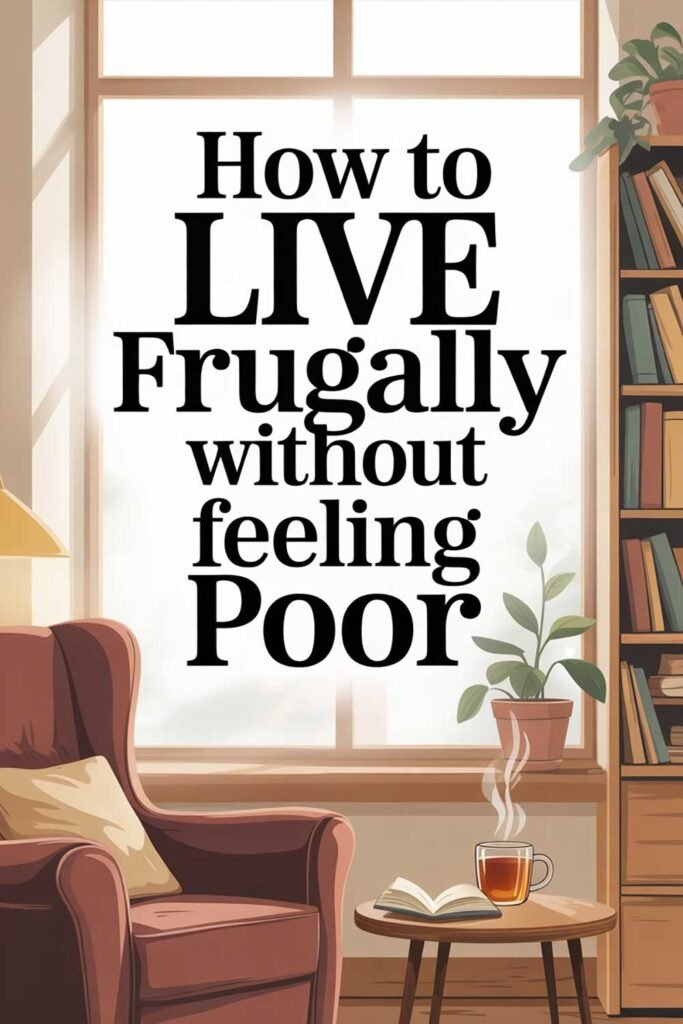Why Learning to Say “I Don’t Know” Can Be Transformative
The Power of Admitting Uncertainty
In a world that often equates knowledge with competence, admitting “I don’t know” can feel uncomfortable. However, embracing uncertainty is a powerful step toward personal growth, intellectual honesty, and deeper learning. By acknowledging what we don’t know, we create space for curiosity, collaboration, and genuine self-improvement.

The Benefits of Saying “I Don’t Know”
1. Encourages Lifelong Learning
Admitting a gap in knowledge fosters a growth mindset, leading to continuous learning and self-improvement.
How to apply this:
- View gaps in knowledge as opportunities rather than failures.
- Ask questions and seek information rather than pretending to know.
- Cultivate curiosity by actively exploring new subjects.
2. Builds Authenticity and Trust
People respect honesty more than false confidence. Acknowledging uncertainty demonstrates integrity and credibility.
How to apply this:
- Be transparent in conversations, especially in leadership or mentorship roles.
- Admit when you don’t have an answer rather than offering misinformation.
- Follow up with research and share findings when appropriate.
3. Promotes Critical Thinking
Recognizing that we don’t have all the answers encourages us to think critically and analyze situations more effectively.
How to apply this:
- Instead of making assumptions, evaluate sources and evidence.
- Remain open to multiple perspectives and interpretations.
- Practice intellectual humility—acknowledge when new information changes your viewpoint.
4. Reduces Stress and Pressure
Feeling the need to have all the answers can create unnecessary stress. Embracing uncertainty relieves this burden and allows for better decision-making.
How to apply this:
- Accept that no one can know everything, and that’s okay.
- Focus on problem-solving rather than the pressure to appear knowledgeable.
- Develop a habit of asking for help and collaborating with others.
5. Improves Communication and Collaboration
Honest communication fosters better relationships, teamwork, and problem-solving.
How to apply this:
- Encourage open dialogue where people feel safe admitting knowledge gaps.
- Seek input from experts or diverse perspectives when facing uncertainty.
- Use “I don’t know” as a stepping stone to finding solutions together.
Overcoming the Fear of Saying “I Don’t Know”
Reframing the Narrative
Many people fear appearing weak or incompetent when they admit uncertainty. However, true confidence comes from being comfortable with not knowing everything.
How to reframe this:
- View admitting uncertainty as a sign of strength, not weakness.
- Recognize that even experts continually learn and evolve.
- Shift focus from appearing knowledgeable to actually gaining knowledge.
Practicing Humility and Curiosity
A humble approach to knowledge fosters deeper learning and intellectual flexibility.
How to practice this:
- Replace the fear of saying “I don’t know” with excitement for learning something new.
- Ask meaningful questions instead of pretending to have answers.
- See every unknown as an invitation to expand your understanding.
Developing a Growth-Oriented Mindset
Embracing “I don’t know” aligns with a growth mindset, which values learning over static knowledge.
How to cultivate this mindset:
- Focus on progress rather than perfection.
- Surround yourself with people who encourage curiosity and learning.
- Continuously seek new experiences that challenge existing knowledge.
Practical Scenarios Where “I Don’t Know” is Powerful
In Professional Settings
- A leader who admits uncertainty fosters an environment of trust and collaborative problem-solving.
- Employees who say “I don’t know” rather than guessing can prevent costly mistakes.
In Relationships
- Admitting when you don’t understand a partner’s emotions encourages deeper conversations.
- Saying “I don’t know how to help you, but I want to try” can strengthen emotional bonds.
In Learning and Education
- Students who ask for clarification retain information better than those who pretend to understand.
- Teachers who admit when they don’t know something model lifelong learning for their students.
The Lasting Impact of Embracing “I Don’t Know”
When we become comfortable with not knowing, we open ourselves to deeper insights, stronger relationships, and a lifelong journey of growth. True wisdom isn’t about having all the answers—it’s about knowing how to seek them.
Inspirational Quotes on Embracing Uncertainty
- “The only true wisdom is in knowing you know nothing.” – Socrates
- “To know what you know and what you do not know, that is true knowledge.” – Confucius
- “Not knowing is not ignorance. Not asking to learn is.” – Unknown
- “Curiosity is the wick in the candle of learning.” – William Arthur Ward
- “The greatest enemy of knowledge is not ignorance, it is the illusion of knowledge.” – Stephen Hawking
- “A wise man can learn more from a foolish question than a fool can learn from a wise answer.” – Bruce Lee
- “He who asks a question is a fool for five minutes; he who does not ask remains a fool forever.” – Chinese Proverb
- “I am still learning.” – Michelangelo, at age 87
- “The important thing is not to stop questioning. Curiosity has its own reason for existing.” – Albert Einstein
- “Saying ‘I don’t know’ is the first step toward wisdom.” – Unknown
Picture This
Imagine being in a conversation where, instead of feeling pressure to have all the answers, you confidently say, “I don’t know, but I’d love to learn more about that.” The atmosphere shifts from ego-driven debate to genuine curiosity and connection. Your honesty earns respect, your willingness to learn fosters growth, and your openness invites collaboration. How much could your personal and professional life transform if you embraced the power of “I don’t know”?
Please Share This Article
If you found this article insightful, please share it with others who might benefit from the power of embracing uncertainty.






